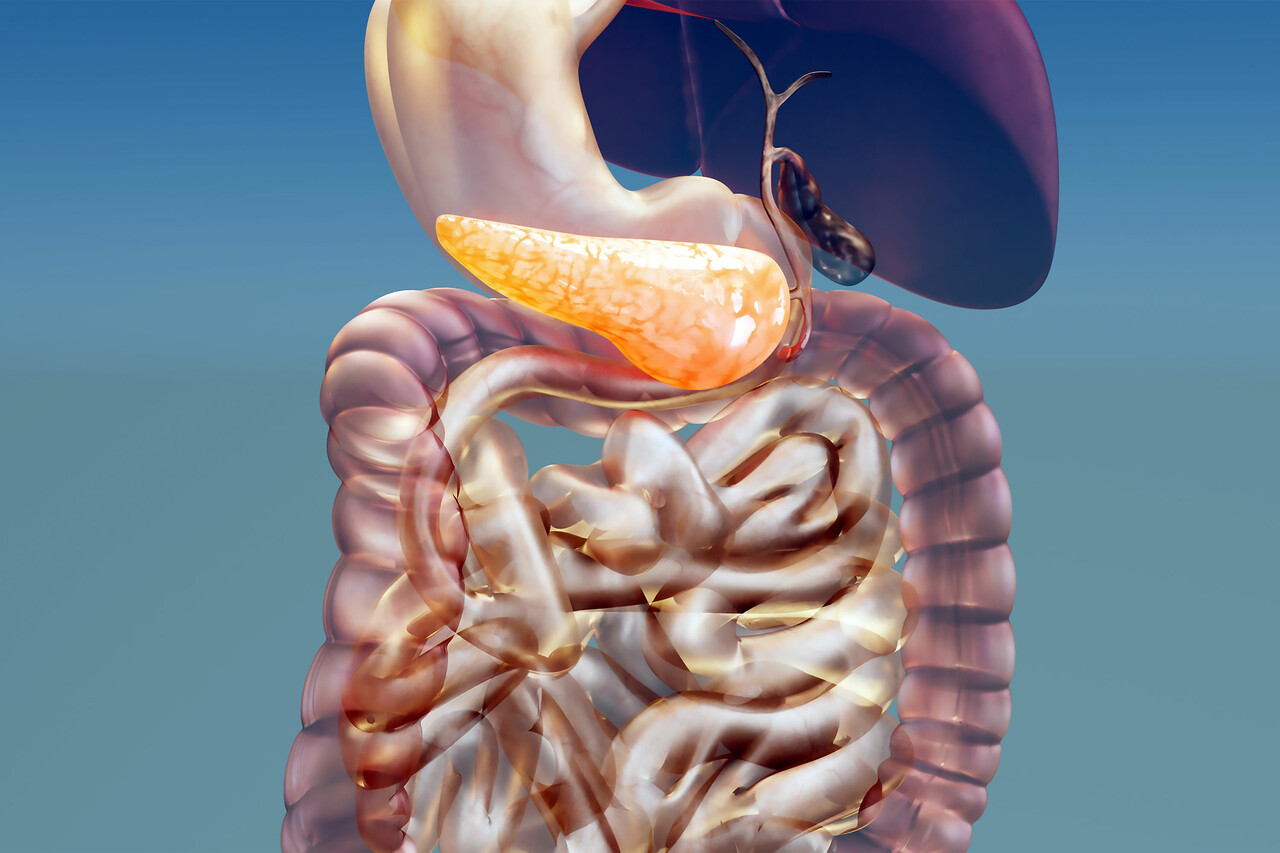
What Role Do Enzymes Play in the Digestive System?
The digestive system is a marvel of biological engineering, responsible for breaking down the complex foods we consume into smaller, absorbable molecules that can nourish our bodies. At the heart of this intricate process lie enzymes, molecular catalysts that play a pivotal role in facilitating and accelerating the digestion of various macronutrients. In this comprehensive article, we will explore the critical functions of enzymes in the digestive system, their types, and how they contribute to the overall health and well-being of the human body.
Understanding Enzymes
Before delving into the specifics of their role in digestion, it’s essential to understand what enzymes are. Enzymes are biological molecules, typically proteins, that act as catalysts for chemical reactions in living organisms. Catalysts are substances that speed up chemical reactions without being consumed or permanently altered in the process. In the context of digestion, enzymes serve as the catalysts that break down large, complex molecules into smaller, more manageable ones that the body can absorb and utilize.
Types of Digestive Enzymes
The digestive process involves the breakdown of three primary types of macronutrients: carbohydrates, proteins, and fats. Accordingly, the digestive system produces and employs a variety of digestive enzymes, each specialized for a specific type of nutrient:
1. Amylases
Amylases are enzymes that break down carbohydrates, specifically starches and complex sugars, into simpler sugar molecules like glucose. These enzymes are found in saliva (salivary amylase) and in pancreatic secretions (pancreatic amylase), helping to initiate carbohydrate digestion in the mouth and continue it in the small intestine.
2. Proteases
Proteases are enzymes responsible for the digestion of proteins. They break down complex protein molecules into smaller peptides and amino acids, which are the building blocks of proteins. Pepsin, produced in the stomach, is one such enzyme, while trypsin and chymotrypsin are produced by the pancreas and further aid protein digestion in the small intestine.
3. Lipases
Lipases are enzymes that target dietary fats (lipids). They break down fats into fatty acids and glycerol, enabling their absorption in the small intestine. Lipase enzymes are produced by both the pancreas (pancreatic lipase) and the small intestine (intestinal lipase).
The Role of Enzymes in Digestion
The digestive process can be broken down into several key stages, each involving the action of specific enzymes:
1. Mechanical and Chemical Digestion
Digestion begins in the mouth, where mechanical chewing and the release of salivary amylase start breaking down carbohydrates. This action continues in the stomach, where pepsin initiates the digestion of proteins. Enzymatic activity is also complemented by stomach acid (hydrochloric acid), which helps create an acidic environment conducive to pepsin’s function.
2. Pancreatic Enzymes
As partially digested food enters the small intestine, the pancreas releases a cocktail of enzymes, including pancreatic amylase, trypsin, and lipase. These enzymes further break down carbohydrates, proteins, and fats, respectively, into smaller molecules.
3. Final Digestion and Absorption
Within the small intestine, the bulk of digestion and nutrient absorption occurs. Here, the actions of digestive enzymes, combined with bile produced by the liver and stored in the gallbladder, effectively break down and emulsify fats, allowing lipase to complete the digestion of lipids. As a result, nutrients like glucose, amino acids, and fatty acids can be absorbed into the bloodstream and transported throughout the body for energy and other bodily functions.
Enzymes and Digestive Health
The presence and activity of enzymes are crucial for maintaining digestive health and overall well-being. Digestive enzyme deficiencies can lead to various digestive disorders and nutrient absorption issues. Conditions like lactose intolerance, characterized by a lack of the enzyme lactase needed to digest lactose (a sugar in milk), and pancreatic insufficiency, which affects the production of digestive enzymes by the pancreas, can cause digestive discomfort and malnutrition.
Conclusion
Enzymes are the unsung heroes of the digestive system, orchestrating the breakdown of complex nutrients into smaller, absorbable components that fuel the body’s functions. Without these molecular catalysts, the process of digestion would be inefficient and incomplete, leading to nutritional deficiencies and health problems. Understanding the roles of digestive enzymes highlights their significance in maintaining digestive health and underscores the importance of a well-balanced diet to support their optimal function. In essence, enzymes bridge the gap between the food we consume and the nutrients our bodies need to thrive, making them indispensable players in the complex symphony of human digestion.




